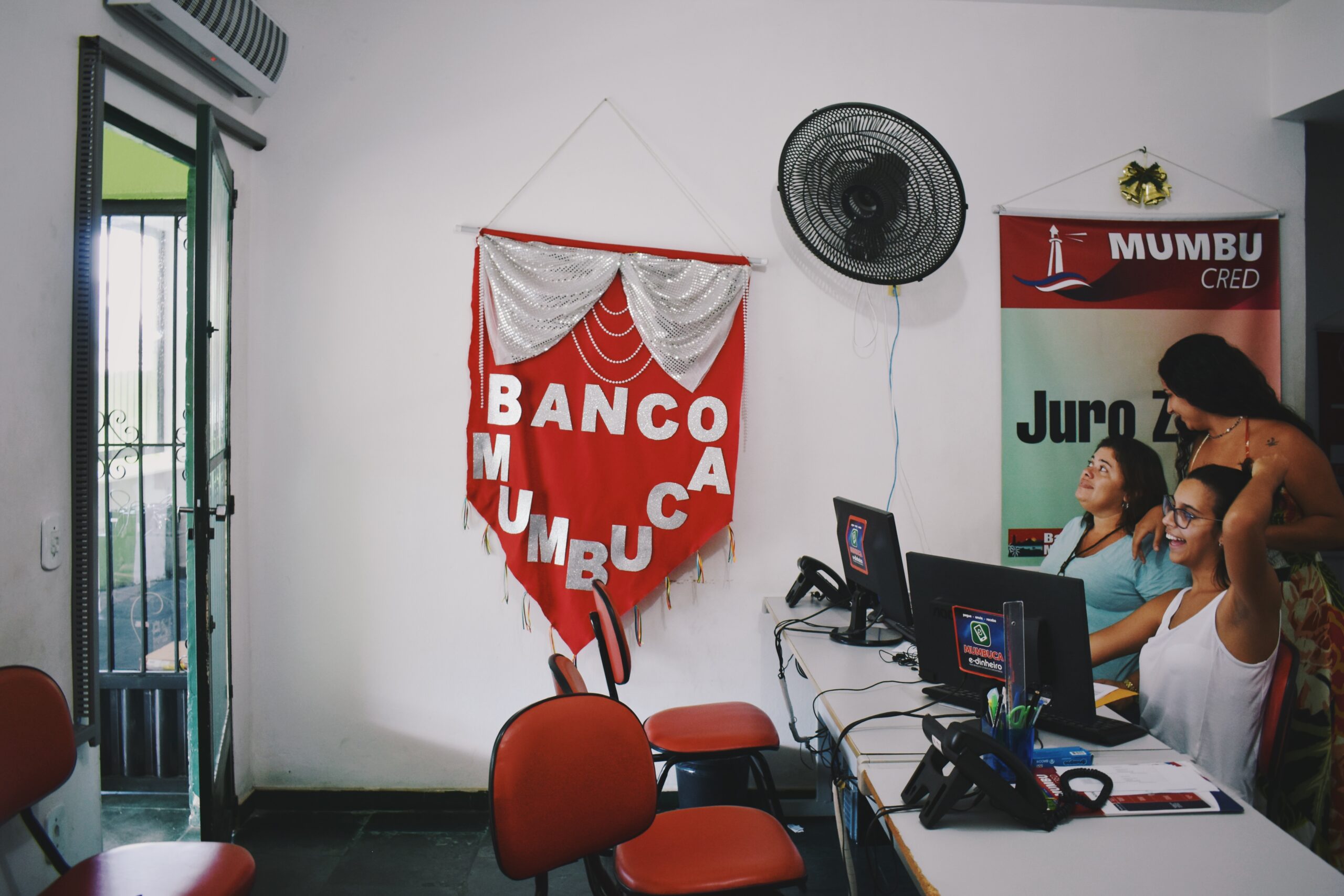Press Release: Mexico’s Petroleum Hedging Program as Counter-Cyclical Insurance

New York, NY — September 11, 2023 — The Jain Family Institute released a new report assessing the remarkable petroleum hedging strategy that has been deployed for nearly two decades by the Mexican Treasury, or Hacienda. Available in English, Spanish, and Portuguese, the report draws on a wide range of direct and indirect sources, including conversations with traders, academics, and financial journalists, to reconstruct the history of the strategy and analyze its impact.
The authors, led by JFI Fellow-in-Residence Jonathan Calenzani, find that the strategy—widely referred to in English as the “Hacienda Hedge”—has served as an effective form of insurance against downturns in the price of oil. It has improved the Mexican government’s credit rating and protected critical public spending while demonstrating cash-flow positivity over nearly twenty years of execution. Critical to the program’s success, the authors find, are its simplicity, efficiency, and continuity, reflecting the Mexican Treasury’s prioritization of counter-cyclical insurance coverage over speculative bids for outsize returns.
An accompanying set of simulations by JFI Fellow Sina Sinai point to the possible stabilization effects and cash-flow positivity of similar strategies that could be deployed by other oil exporting countries. While past results cannot predict future performance, the Monte Carlo simulations demonstrate that an actuarially fair crude oil insurance program beginning in 2005 would not only have stabilized the public revenues of the country employing this strategy, but would also have likely been profitable at a range of price floors due to volatility in crude oil prices over the period. This insurance-like approach may be of relevance to a wide range of oil-exporting countries, including Brazil, where petroleum export and price stabilization policies are the subject of ongoing debate and experimentation.
“This is an exciting moment for governments to explore market-friendly, insurance-like plans to manage natural resource wealth,” said lead report author Jonathan Calenzani. “Mexico’s success offers an excellent example of how well executed financial tools can help countries maintain social welfare spending.”
“Governments across the world are debating how to stabilize natural resource revenues to advance social welfare and facilitate investment in the clean-energy technologies on which the human future depends,” said JFI VP and report contributor Paul Katz. “We at the Jain Family Institute could not be more excited to shed further light on the remarkable hedging program developed by the Mexican Treasury over nearly twenty years, and we are delighted to be able share the report simultaneously in English, Spanish, and Portuguese.”
JFI Operations Associate Klea Kalia contributed research and writing to the report. Editorial Fellow Ratik Asokan provided editing. Publications and Operations Associate Josue Chavez prepared the Spanish translation, while Carlos André Alzemand, Technical Assistant at the Universidade Federal Fluminense, translated the report into Portuguese.
Related
Brazilian Subnational Social Wealth Funds in Bloomberg and Washington Post
"Brazil’s Oil-Rich Cities Are Revolutionizing Its Public Wealth Management."
JFI’s public bank work in the Los Angeles Times
Los Angeles City Council has taken the next step towards a public bank.
Media coverage for JFI and the Berggruen Institute’s Municipal Public Banking research
NextCity covered the report's implications; the Los Angeles City Council has voted on next steps for implementation.


